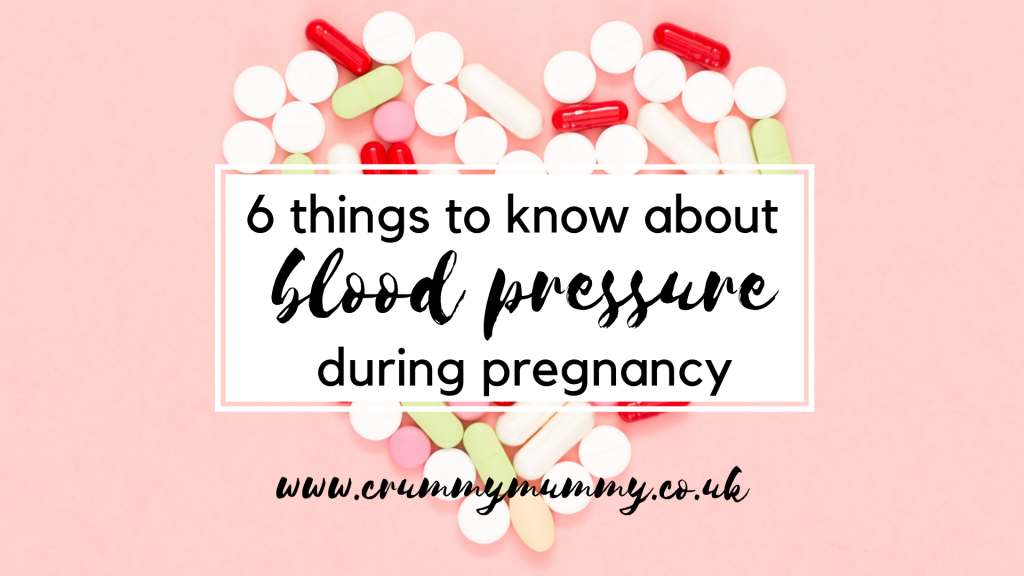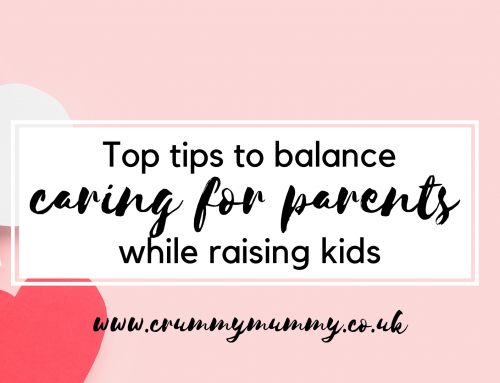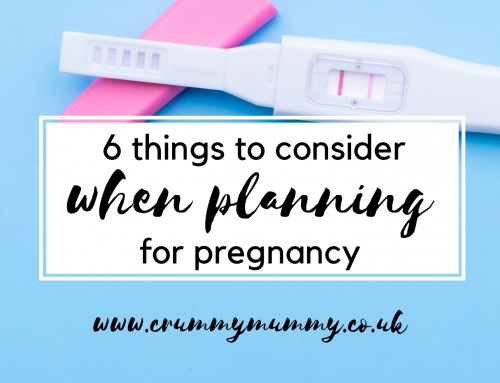For expectant mums, managing blood pressure is a top priority during pregnancy.
Maintaining healthy blood pressure levels can be influenced by the right vitamins, and vitamin deficiencies can potentially lead to high blood pressure during pregnancy, which can cause complications that negatively impact the mother’s health and the baby’s development.

Research and medical studies have shown that certain vitamins can help regulate blood pressure and promote a smooth delivery and recovery experience. Yet the question remains: do vitamins raise blood pressure?
This post may contain affiliate links. This means if you buy something after clicking on a link, I’ll earn a few pennies to help me keep creating posts like this, at no extra cost to you!
In this collaborative post, we’ll delve into some vitamins that can impact blood pressure and explore why they are essential for a successful pregnancy journey. From pre-pregnancy to labour, we’ll examine how proper vitamin intake can contribute to maternal health and wellness.
1. Vitamins & their effects on blood pressure during pregnancy
During pregnancy, it’s crucial to prioritise the health and well-being of both the mother and the growing fetus. One factor that plays a significant role in this is blood pressure. High blood pressure during pregnancy can lead to complications such as preeclampsia or poor fetal growth.
That’s where vitamins come into play. Specifically, studies have shown that certain types of vitamins can have a positive effect on blood pressure during pregnancy. For example, Vitamin D has been linked to lower hypertension levels in pregnant women.
Additionally, taking a prenatal multivitamin can ensure that pregnant women get all the necessary vitamins and minerals to support a healthy pregnancy. With the right combination of vitamins, women can reduce their risk of high blood pressure and potentially improve the outcome of their pregnancy.
2. Understanding how vitamins influence blood pressure
Maintaining a healthy blood pressure is crucial to prevent various chronic diseases. A balanced diet and exercise are key factors in achieving this. However, have you ever wondered about the role of vitamins in managing blood pressure?
Recent studies suggest that vitamins like A, C, D, E, and K can have a positive impact on blood pressure regulation. For instance, vitamins C and E act as antioxidants that prevent oxidative stress on the blood vessels. In contrast, while vitamin D helps to regulate the renin-angiotensin-aldosterone system, which influences blood pressure.
Therefore, understanding how vitamins can influence blood pressure can open doors to new dietary strategies that promote cardiovascular health.

3. Benefits of taking vitamins for blood pressure during pregnancy
Maintaining a healthy pregnancy is a top priority for expecting mothers, and one way to do that is through proper nutrition. Taking vitamins for blood pressure during pregnancy can provide enormous benefits for both the mother and the baby.
High blood pressure can cause complications such as preeclampsia, which can be life-threatening for both the mother and the baby. By taking vitamins such as folic acid, vitamin D, and magnesium, expectant mothers can lower their risk of developing high blood pressure and other pregnancy-related complications.
Additionally, these vitamins can help support the growth and development of the baby, leading to a healthier pregnancy overall. Consulting with a healthcare provider is important to determine which vitamins and supplements are appropriate for an individual’s needs.
Overall, taking vitamins for blood pressure during pregnancy can lead to a safer and healthier pregnancy for both the mother and the baby.
4. Common vitamin supplements recommended for managing blood pressure during pregnancy
Pregnancy is an incredibly exciting time, but it can also be a stressful one. One particular area of concern is managing blood pressure throughout the pregnancy. Fortunately, there are several natural ways to keep blood pressure in check, including through the use of common vitamin supplements.
These supplements, such as calcium and magnesium, are safe and effective choices that can greatly benefit expectant mothers. By incorporating these supplements into their diets, pregnant women can feel more confident knowing that they are taking proactive steps towards a healthier pregnancy for both themselves and their babies.

5. Tips to make sure you’re getting the right amount of vitamins for keeping your blood pressure in check
A healthy, balanced diet can help you get all the vitamins and minerals your body needs. But even with the best of intentions, it can be challenging to keep track of everything you’re consuming.
That’s where these tips come in handy. By focusing on key nutrients that are important for maintaining healthy blood pressure, you can make sure you’re getting the right amount of vitamins and minerals to keep you feeling your best.
Whether you’re loading up on leafy greens, adding some fish to your plate, or simply taking a daily multivitamin, these easy steps can help you stay on top of your nutrition game. So why wait? Get started today and start enjoying all the benefits that come with a healthy, balanced diet!
6. What to do if you’re experiencing high or low blood pressure during pregnancy despite taking vitamins
Pregnancy can bring about changes in a woman’s body that she may never have anticipated. Blood pressure fluctuations are common, but can also be concerning. Even with the best intentions, taking vitamins and maintaining a healthy lifestyle may not always be enough to keep blood pressure levels in check.
If you are experiencing high or low blood pressure during pregnancy, it is important to seek medical attention. Your GP or midwife can monitor your blood pressure and recommend tailored solutions that can help keep you and your growing baby safe. Don’t hesitate to speak up and seek help – your health and well-being are paramount during this special time.

In conclusion
Pregnant women can take vitamins to help reduce blood pressure-related problems. Taking a supplement that contains the necessary nutrients can ensure that you get all the right levels of these minerals and vitamins that your body needs as well as helping to keep your blood pressure in check.
It is important to talk with your doctor or nutritionist about the amount and types of vitamin supplements that are right for you, particularly during pregnancy, since each woman has her own needs.
Stick with your doctor’s recommendations and keep an eye on your vitals to adjust accordingly if needed. Most importantly, don’t forget to practice good self-care habits and listen to your body to manage any changes you may experience related to blood pressure while pregnant.
Make sure to involve your doctor or dietician in any dietary changes you make so they can provide further guidance and support. Doing this will not only increase the chances of having a healthy pregnancy, but allow you to reach optimal wellness throughout it too!

This is a collaborative post.

























Leave A Comment